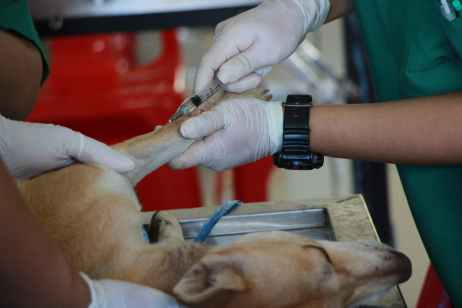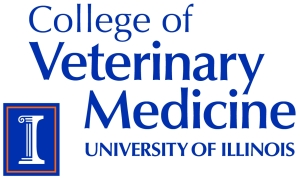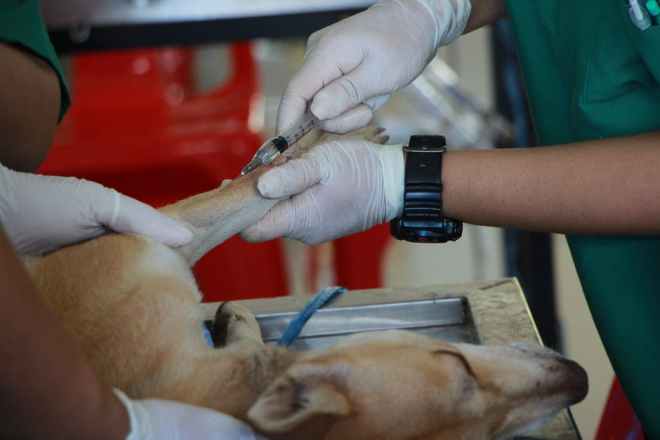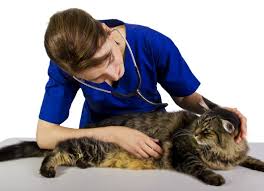For nearly four decades, Dr. Joel Todd Leroy Prince has provided compassionate clinical services for companion animals in Illinois. Dr. Joel Todd Leroy Prince serves as a veterinarian at the Elmhurst Animal Care Center. Dr. Prince also holds professional credentials that include being a diplomate with the American Board of Veterinary Practitioners and board certification in veterinary medicine.
A mark of distinction, board certification indicates that a medical practitioner has completed additional education beyond minimum requirements in a clinical area.
For veterinarians, board certification involves advanced training in a specialty area following completion of veterinary school. Often, this advanced training consists of a one-year rotating internship with specialist supervision, as well as a three-year residency that focuses on a specialty area. Following this training, board-certified veterinarians are required to complete an examination that covers the specialization of their choice. For example, a board certified veterinarian may focus on areas that range from internal medicine and surgery to ophthalmology and neurology.


 Dr. Joel Todd Leroy Prince is a board certified small animal veterinarian that holds over 30 years of experience in preventive care for animals. A graduate of the University of Illinois,
Dr. Joel Todd Leroy Prince is a board certified small animal veterinarian that holds over 30 years of experience in preventive care for animals. A graduate of the University of Illinois, 





